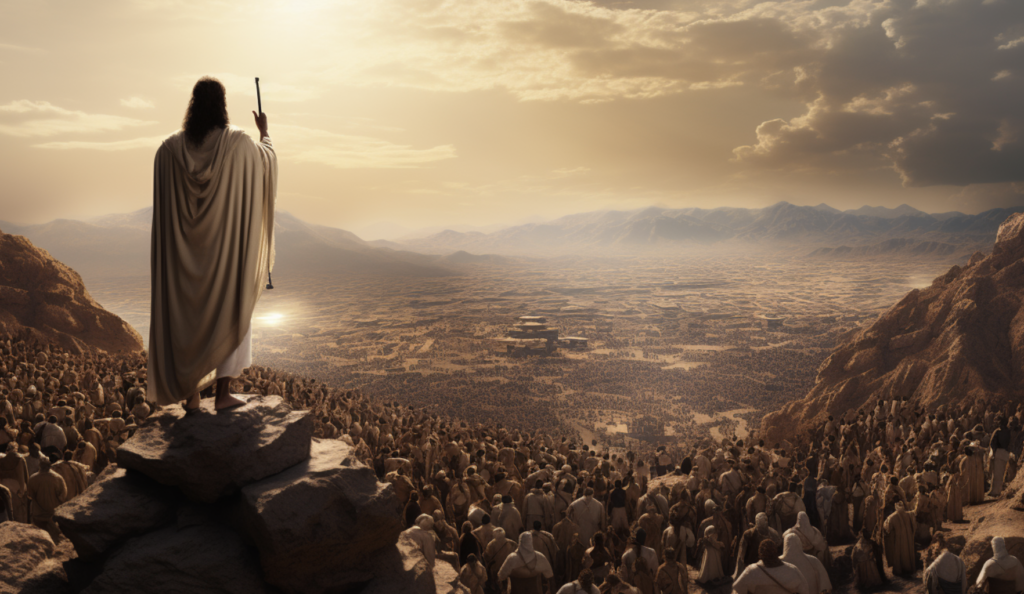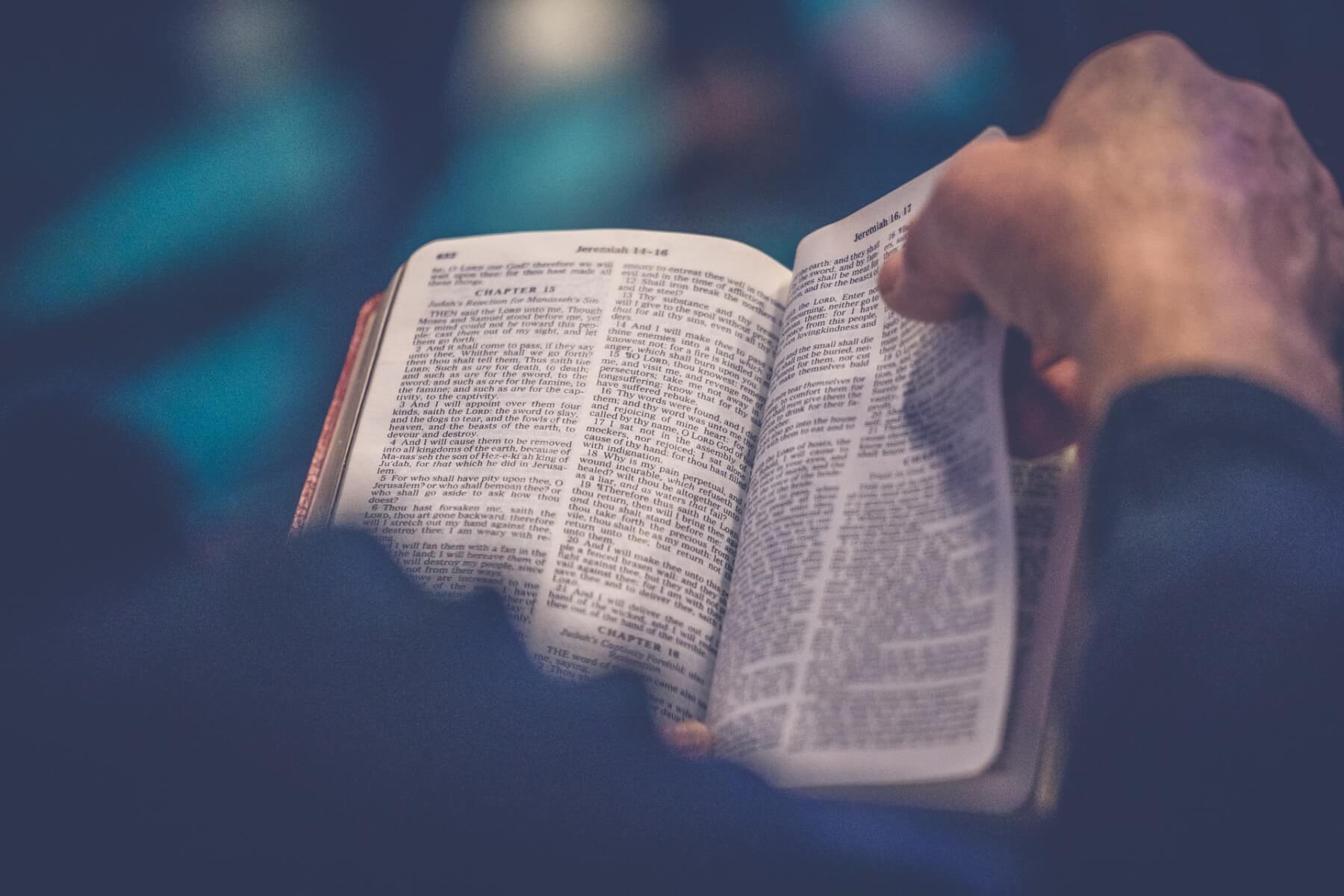Often known as the Law of Moses, the Mosaic Law is a pivotal compilation of divine and ethical rules found in the Hebrew Bible, specifically the Torah. These laws carry the name of the prophet Moses, as per biblical lore, who is said to have received them straight from God atop Mount Sinai.
Historical Context of the Law of Moses
The Exodus and the Covenant
The Mosaic Law can’t be understood outside its historical and religious context. It is closely linked to the narrative of the Israelites’ Exodus from Egypt, which signifies their transformation from a group of slaves to a distinct religious and national entity. Upon their escape from bondage, they reach Mount Sinai in the wilderness where Moses receives the laws that would govern this new nation.
Purpose and Significance
The Law served dual purposes. It was both a reflection of the covenantal relationship between God and Israel, and a guide to everyday life, illustrating how the Israelites were to live distinctively from surrounding nations.
The Ten Commandments: The Core of the Mosaic Law
The Ten Commandments, also known as the Decalogue, are perhaps the most famous aspect of the Mosaic Law. They lay out foundational principles, including the worship of Yahweh alone, the prohibition against idolatry, the sanctity of the Sabbath, and ethical standards like honoring parents and forbidding murder or adultery.

The Detailed Laws of Moses: Beyond the Ten Commandments
Beyond the Decalogue, the Torah contains a myriad of detailed laws that address various aspects of life:
Ceremonial Laws
These pertain to the religious rites, festivals, and ceremonies. They detail how sacrifices should be made, the roles and responsibilities of priests, and the proper observance of religious festivals.
Civil Laws
These are the regulations for daily living and societal governance. They cover a range of topics from property rights and restitution to the treatment of servants, as well as laws about marriage.
Moral Laws
While the Ten Commandments lay down core ethical standards, there are other moral injunctions found throughout the Torah. These include directives on honesty, justice, and interpersonal relationships.
Relevance and Interpretation of Mosaic Law Today
While the Mosaic Law remains central to Jewish religious life, its interpretation and relevance have evolved over time. Rabbinic Judaism has played a significant role in interpreting and adapting these laws for changing circumstances.
For Christians, views on the Mosaic Law vary. While some see it as a precursor to the teachings of Jesus, others believe that the New Covenant established through Christ supersedes these old laws.
Most of our team believes the Mosaic Law is extremely important in understanding who God is, what He’s like, and what Jesus came to fulfill. But we are not slaves to it.
Much of it is helpful, but it was written to a very specific people in a very specific time, meaning that much of it doesn’t apply directly to us today. But it’s principles are still true, and the heart of God is still the same. We can learn much from the Law of Moses.
The Law of Moses is Intricate
The Mosaic Law, with its intricate blend of the ceremonial, civil, and moral, offers a comprehensive moral and legal framework for the Israelites. As one delves deeper into its teachings, it becomes clear that it is more than just a set of rules; it’s a reflection of a covenant relationship and an expression of a way of life designed to set the Israelites apart.
Today, its principles continue to influence religious and moral discussions worldwide.





